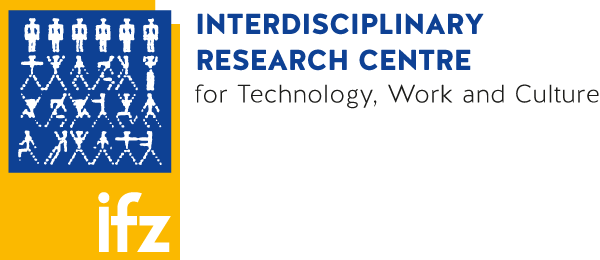PSS-ÖB – Strategies to deal with barriers to the implementation of ecoefficient Product-Service-Systems in Public Procurement
The research project "PSS-ÖB – Strategies to deal with barriers to the implementation of ecoefficient Product-Service-Systems in Public Procurement" will:
- determine the current status of the implementation of PSS in public procurement;
- identify factors that support or hinder the establishment of PSS in public procurement;
- and develop strategies and recommendations to overcome these barriers.
Austrian Federal Ministry of Transport, Innovation and Technology, Programme Factory of Tomorrow
2006–2007
- JOANNEUM RESEARCH (JR), Graz
- Institut für Industrielle Ökologie (IIÖ), St. Pölten
Product-Service-Systems (PSS) incorporate products and services that optimally fulfill the client`s needs. Companies that offer Product-Service-Systems focus on the sale of the desired benefit and not on the sale of a product. They therefore change the perspective and make new solutions possible. PSS are particularly interesting with regard to their potential environmental effects compared with those associated solely with the purchase of a product. Although several studies have been carried out on ecoefficient PSS, some of which have been concerned with the implementation of PSS, currently PSS are used only to a small extent in public administration.
The research project "PSS-ÖB – Strategies to deal with barriers to the implementation of ecoefficient Product-Service-Systems in Public Procurement" will:
- determine the current status of the implementation of PSS in public procurement;
- identify factors that support or hinder the establishment of PSS in public procurement;
- and develop strategies and recommendations to overcome these barriers.
We consider especially those PSS that are used in procurement in sectors of ecological, economical and social importance, such as construction, mobility, energy supply, and health services.
To achieve the research goals, we will conduct in-depth interviews with officers responsible for public procurement and with companies that offer Product-Service-Systems. The interviews will provide, i. a. information about the experiences of public procurement officers and companies with PSS. The results of these interviews will be used to develop two questionnaires. One is intended for public procurement officers and will be sent to 2,500 offices of the public administration. The other is intended for companies that offer PSS and will be sent to 250 Austrian companies. The questionnaires will be used to identify examples of good practice and factors that hinder the establishment of PSS in public procurement.
Using the knowledge gained about successfully implemented PSS, we will develop strategies and recommendations to overcome these barriers. These strategies and recommendations will be discussed at Roundtables with public procurement officers and companies that offer PSS. In 2007, the results will be published in the booklet "Product-Service-Systems in Public Procurement".
We expect the following results:
- An understanding of the PSS purchased through public procurement (including examples of good practice) and the demand for further PSS.
- Information about experiences with the purchase, usage and provision of PSS.
- Identification of factors that hinder or support the purchase and usage of PSS.
- Strategies and recommendations to overcome the barriers that hinder the purchase and usage of PSS in public procurement. Strategies that are currently applied and strategies that can be applied in the future will both be considered.
